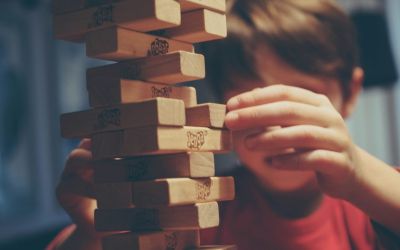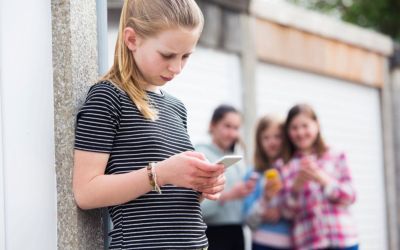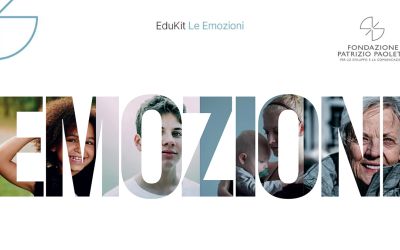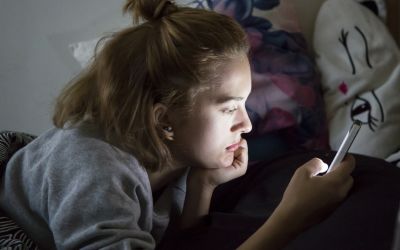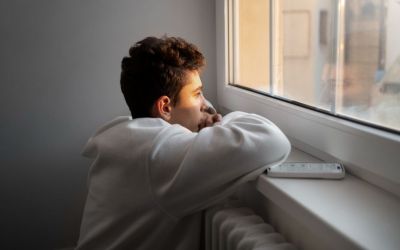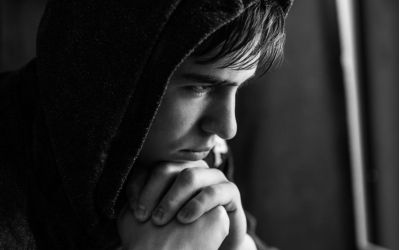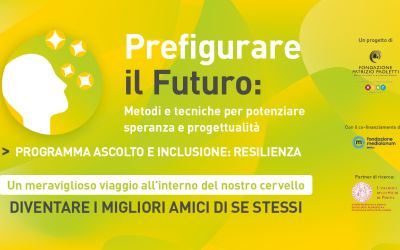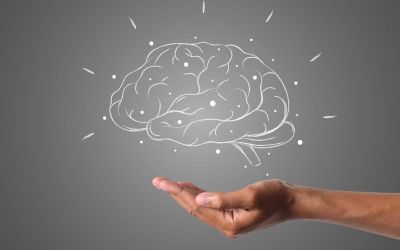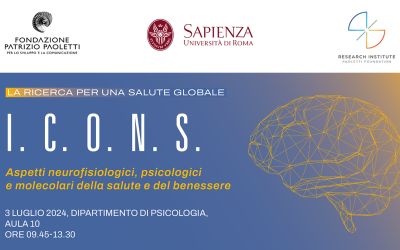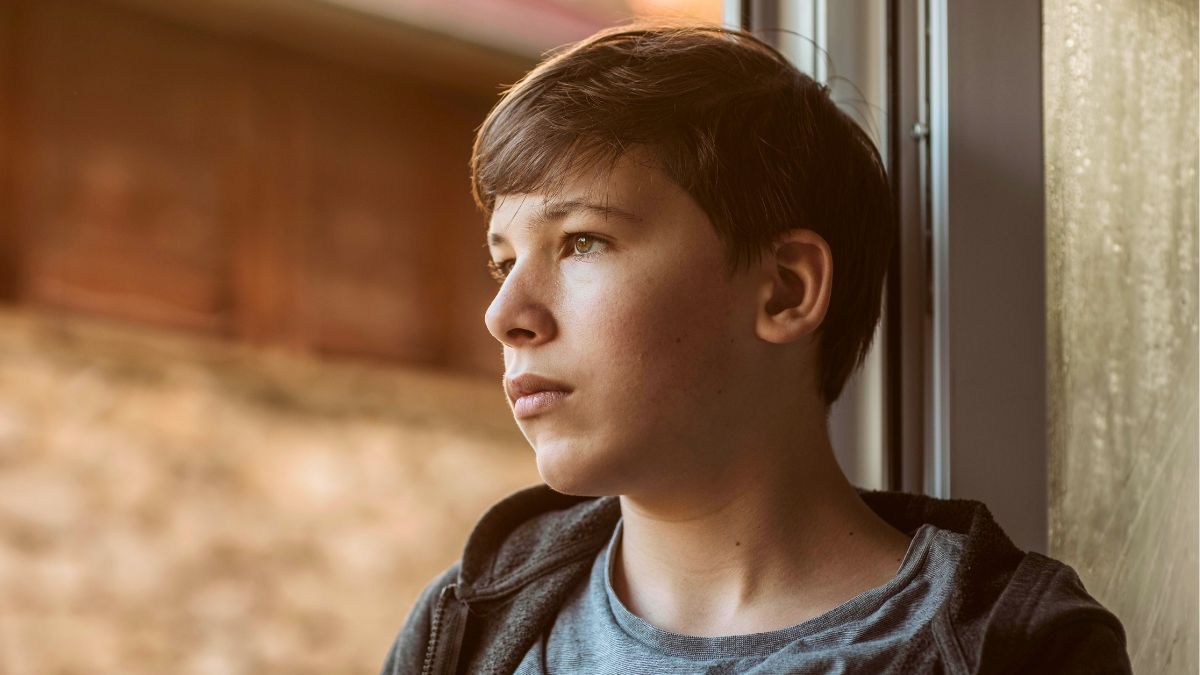
The psychosocial well-being of adolescents
Strategies, training and sports to grow in harmony with oneself and others
Adolescence, or the phase of passage from childhood to adult life, is a special and delicate period. It is a priority to ensure the psychosocial well-being of young people. To do so, it is first and foremost important to support them as they grow.
What is psychosocial well-being
Psychosocial well-being results from the complex interaction between the internal and external elements of the individual. Internal elements include character, health, and a more or less marked attitude towards certain behaviors. External elements, on the other hand, include the environment in which one lives and the stimuli received from it. The pandemic imposed a halt to all social activities for at least a year and a half. Due to the spread of the virus, a common protective measure was the complete closure of gathering places. The youngest, children and adolescents, paid the consequences of the prolonged lockdown.
Adolescents during the pandemic
The Patrizio Paoletti Foundation presented the report Focus Adolescence: challenges and resources of adolescents in the post-pandemic period to the Chamber of Deputies. The data highlighted the impacts of the pandemic on psychosocial well-being in adolescents. More than half of the sample of 861 adolescents experienced feelings of boredom and fear during the long lockdown. Distance learning also compromised school performance. The mental health index in adolescents dropped three points in one year: from 73.9 in 2020 to 70.3 in 2021. In May 2022, the Italian National Institute of Health and the Authority for Childhood and Adolescence jointly published a report titled “Pandemic, neurodevelopment, and mental health of children and adolescents”. The study aims to recognize youth distress and seize the difficulties of the post-pandemic phase as an important opportunity to restore the well-being of minors. The sample of young people analyzed for this survey includes children and adolescents aged 6 to 18. During the lockdown, it turns out that the sample of adolescents suffered due to forced isolation. Additionally, managing distance learning was difficult in many family contexts. Most of these adolescents felt isolation, fear, depression, vulnerability, and distress. All this inevitably caused upheaval and put psychosocial, physical, and social well-being at risk.
FOCUS ADOLESCENCE Challenges and positive resources in the post-pandemic period
Fill out the form
"*" indicates required fields
and download the report now
Strategies for recovering psychosocial well-being
Among the possible strategies to address the psychosocial crisis of young people is the enhancement of teleconsultation and telemedicine services. Remote psychological support has fostered the creation of professional networks. Technological development has also improved interaction and connection between the patient and the caregiver. At the same time, efforts are made to enhance local assistance in all areas where there are already clinics or polyclinics with staff trained to handle emergencies. Lastly, continuous training of healthcare, educational personnel, and parents is valued to support young people and adults in achieving psychosocial well-being. In this context, the Prefiguring the Future training project by the Patrizio Paoletti Foundation, dedicated to school staff and families, is positioned. It is a program with in-person meetings, online sessions, and sharing of educational material to support adolescents. You can already enroll in the new edition starting in October 2024, also accredited by the MIUR for the pedagogical update of teachers.
Physical activity in public policies for psychosocial well-being in adolescents
A very effective strategy to address the problem of isolation in adolescence is sports, which engage both physically and mentally. It is beneficial at all ages, especially in adolescence. The World Health Organization aims to reduce global physical inactivity by 15% by 2030. The recommendation is to ensure at least 60 minutes of physical activity daily for individuals aged 5-17, at least three times a week. The Toronto Charter for Physical Activity, last updated in 2010, also contains guidelines on managing and promoting physical activity at the level of public policies. The document focuses on creating spaces and facilities open to all for practicing sports. To encourage sports practice among adolescents, the Calabria Region has promoted the allocation of sports vouchers for young people aged 14 to 24. The initiative aims to encourage healthy lifestyles, foster aggregation, participation in community life, and psychosocial well-being.
How sports benefit young people
Sports contribute to achieving psychosocial well-being in several ways. Firstly, it promotes healthy physical development and, at the same time, allows constructive interaction with others. The culture of healthy competition, a principle on which sports competition is based, allows adolescents to strengthen self-esteem. Sports teach greater self-confidence, self-acceptance, and self-compassion. This involves learning to love and accept oneself, valuing strengths, and being forgiving of weaknesses. A positive self-conception also improves relationships with others. Shared and social moments ensured by sports practice distance young people from continuous digital contact and prevent isolation. Physical activity teaches young people to manage their time well, balancing study and leisure moments. Gradual and consistent effort leads to results in terms of physical and mental resilience to stress.
- https://www.epicentro.iss.it/attivita_fisica/#:~:text=Le%20evidenze%20dimostrano%20che%20fare,psico%2Dintellettuali%20ne%20traggono%20giovamento.
- https://www.epicentro.iss.it/attivita_fisica/epidemiologia-mondo#:~:text=Con%20il%20Global%20Action%20Plan,popolazione%20adulta%20e%20degli%20adolescenti.
- https://promozionesalute.regione.lombardia.it/wps/wcm/connect/e424775c-c8cb-4619-bd07-1e07eaec8323/CartaToronto_Investimenti_completa_web.pdf?MOD=AJPERES&CACHEID=ROOTWORKSPACE-e424775c-c8cb-4619-bd07-1e07eaec8323-mEN3K8u
- https://www.sportesalute.eu/calabriagiovani.html.
- Photo by Markus Spiske su Unsplash
Be part of the change. Responsibly sharing content is an act of sustainability.
Let's train emotional intelligence: what emotion does this article arouse in you?
